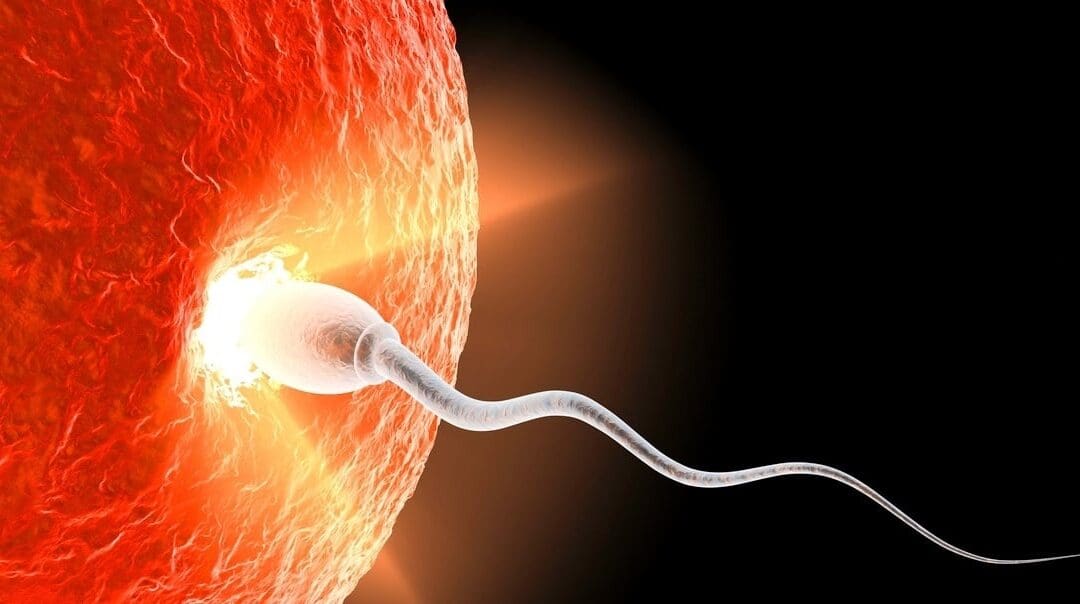While for some the answer to the question this post’s title asks may be obvious, the lines are becoming blurred in many cultures around the world.
This recent news item from Argentina granted “non-human person” rights to an orangutan. From the Reuters story, here is what happened:
An orangutan held in an Argentine zoo can be freed and transferred to a sanctuary after a court recognized the ape as a “non-human person” unlawfully deprived of its freedom, local media reported on Sunday.
Animal rights campaigners filed a habeas corpus petition – a document more typically used to challenge the legality of a person’s detention or imprisonment – in November on behalf of Sandra, a 29-year-old Sumatran orangutan at the Buenos Aires zoo.
I often find it instructive to observe the way we treat animals in order to analyze the way we view abortion. In order for abortion to be “justifiable” for most people, they have to convince themselves that the fetus is not a person. My assumption is that far fewer people would be in favor of abortion if they thought a person was being killed. So, our abortion culture is largely supported by the notion that an unborn human in a mother’s womb is not a person”¦ but an orangutan is? I see this as highly ironic. Do you?
It is worth noting that abortion laws in Argentina, where the orangutan was considered a person for legal purposes, are among the strictest in the world. I don’t want to assume a connection where there is none, but there is certainly a logic to this. If a culture believes that an unborn human has a right to life from conception (which Argentina does for the time being), then it is not necessarily illogical to confer rights on already-born, non-human animals.
What would truly be ironic would be if a nation like ours, with some of the most liberal abortion laws in the world, were to begin conferring “rights to life” on orangutans and other animals. For now, the United States appears to be holding steady on the notion that only born human beings can benefit from things like habeas corpus, which assume that the subject is a person (see above Reuters story for examples of cases the U.S. courts have dismissed). Again, in a twisted way, our culture is being “consistent” – you have to be a born human to benefit from laws protecting “people” – unborn humans and animals need not apply.
However, the trend appears to be moving, globally, towards less, not more, consistency. More nations are liberalizing their abortion laws while granting more and more rights to animals. Eventually this will lead to a world in which animals have more rights than the most vulnerable people among us – our unborn babies.
What do you think? What makes someone/something a person? What kinds of protections should those “persons” get?

